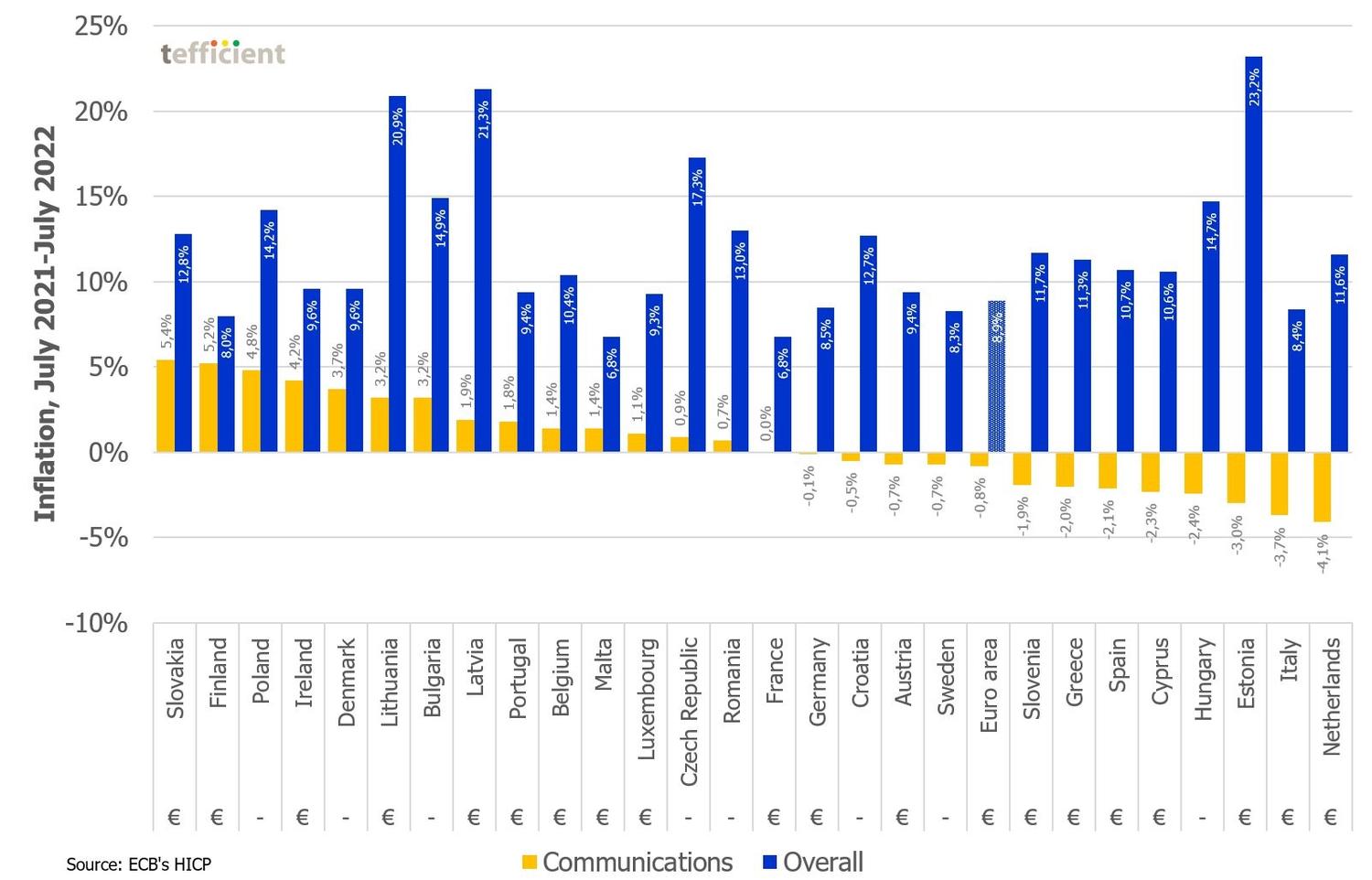Navigation
Cerrar
Services
Corporate Finance
Mirabaud bietet ein breites Spektrum an Finanz- und Beratungsdienstleistungen für Unternehmen an, die unseren Kunden bei der Erreichung ihrer strategischen Ziele unterstützen sollen. Mirabaud, das im Herzen der Märkte aktiv ist, bietet institutionellen Anlegern zudem unabhängiges und ideenbasiertes Research zu Nischensegmenten des Aktienmarkts, zusammen mit hochmodernen Ausführungsdienstleistungen.

Das Mirabaud Securities Secondary Fixed Income-Team bietet ein komplettes Spektrum von Brokerage- und Abwicklungsdienstleistungen für verschiedene festverzinsliche Produkte an.
Zu den angebotenen Mehrwertleistungen zählen Marktkommentare, auf die individuellen Portfolios und Positionen unserer Kunden zugeschnittene Beratungsdienstleistungen sowie Handelsideen. Im Mittelpunkt steht die Beziehung zum Kunden, der sich auf eine unabhängige, vertrauliche Betreuung im Handel und im Asset Management verlassen kann.
Alle Teammitglieder verfügen über langjährige Erfahrung auf dem Markt für festverzinsliche Wertpapiere und betreuen weltweit mehr als 240 institutionelle Kunden und Gegenparteien, darunter Vermögensverwalter, Pensionsfonds, Hedgefonds, Versicherungsgesellschaften und Privatbanken.

Mirabauds Ausführungskompetenzen vereinen den Blick auf das globale Ganze mit einer spezialisierten, regionalen Expertise und versetzen uns so in die Lage, den Kunden ganz auf ihre individuellen Bedürfnisse zugeschnittene Lösungen anbieten zu können. Das hauseigene Angebot an innovativen Produkten und Dienstleistungen ist darauf ausgerichtet, die modernsten Ausführungstechnologien gezielt dazu einzusetzen, Mehrwert für institutionelle Anleger zu schaffen. Unser Team besteht aus proaktiv handelnden Mitgliedern, die allesamt ausgewiesene Experten auf den Gebieten Marktstruktur, Ausführungsberatung und internationale Regulierung sind. Unser Hauptaugenmerk liegt auf der Liquiditätsbeschaffung und einer erstklassigen Ausführungsleistung.

Almost everyone assumes that the industry provides a service that is both indispensable and readily available, although few are aware of its massive underlying structure or cost. With this mindset, regulators have insisted on improving and upgrading capacities by targeting connections of 1Gb per second in 2030 (33 times faster than the 2020 target) for all users in the EU, proposing €300bn (~25% of Spain’s GDP) in total investment and looking to private initiatives to finance the greater part of the plan.
Will the telecommunications industry be able to take on this new challenge? We think not, but in order to explain why, we must first look back and take account of the developments that have led to the industry’s inability to deal with the proposed change.
EU interventionism in the telecommunications industry is among the trends that have characterised the last two decades of economic activity in Europe. Excessive regulatory zeal led to the rounding down of tariffs and the lowering of entry barriers, which paved the way for the emergence of hundreds of operators that achieved sufficient profitability with minimal investment. In turn, this put the prices for the services they offered into a deflationary spiral. Making matters worse for the operators, the process was marked by periodic spectrum auctions that required hefty outlays to achieve the required coverage.
Faced with this situation, the main telecom players opted for M&A, although pressure on prices resulted in poor operating synergies while the operators’ debt soared to unsustainable levels.
The disappointing results of this were waning profitability, shrinking cash flows (one-third lost in the last decade), bloated debt, scant investment capacity and fierce competition among hundreds of operators. This contrasts with the solid structure of the industry in the US, where less than a dozen operators benefit from ARPUs that more than double those seen in Europe. Considering this, it is unsurprising that the industry in Europe has been amid a process of divestment in recent years or that it has welcomed financial partners in order to deal with certain investments.
For these reasons, we think the coverage plan put forth by the EU is unviable. Paradoxically, it puts the weight of the initiative on the shoulders of an industry that it has suffocated for decades. All signs suggest that the EU will have to revive the plan, at least as a means of ensuring the meeting of its own goals. In view of this, we may expect to see a rebirth of the industry in coming years, especially among those operators with enough muscle to carry through the development of slated projects.
There are signs of the EU taking steps in this direction. Internal Market Commissioner Thierry Breton recently announced the launching of a consultation early next year on whether content distributors (Alphabet, Apple, Meta, Amazon, Netflix, etc.) should bear some of the costs of Europe’s telecoms network, estimated at €20bn per year. The situation is comparable to that of motorcycles and articulated lorries being charged different motorway tolls, as their impacts are very different insofar as maintenance, repair, accident-related risk, etc. In relation to networks, the idea appears to be gaining traction in other markets such as those in South Korea and France.
Big Tech companies exert effective influence on lawmakers in ways that ultimately work against telecom players as a whole. To date, the EU has found in the industry a highly favourable context for the establishment of its undertakings. Nonetheless, at Mirabaud Equity Research, we suspect that a change in perception lies ahead. Taking a pragmatic approach and considering the industry’s limited ability to finance new networks, we think the EU will be more receptive to the exploration of new sources of financing for these projects. The stage is set for the forthcoming consultation, and we will be watching for any pertinent developments.
Zögern Sie nicht, sich an Ihren persönlichen Ansprechpartner bei Mirabaud zu wenden oder kontaktieren Sie uns hier, falls dieses Thema für Sie von Interesse ist. Gemeinsam mit unseren Fachspezialisten evaluieren wir gerne Ihre persönlichen Bedürfnisse und besprechen mit Ihnen mögliche, auf Ihre Situation zugeschnittene Anlagelösungen.
Weiter zu